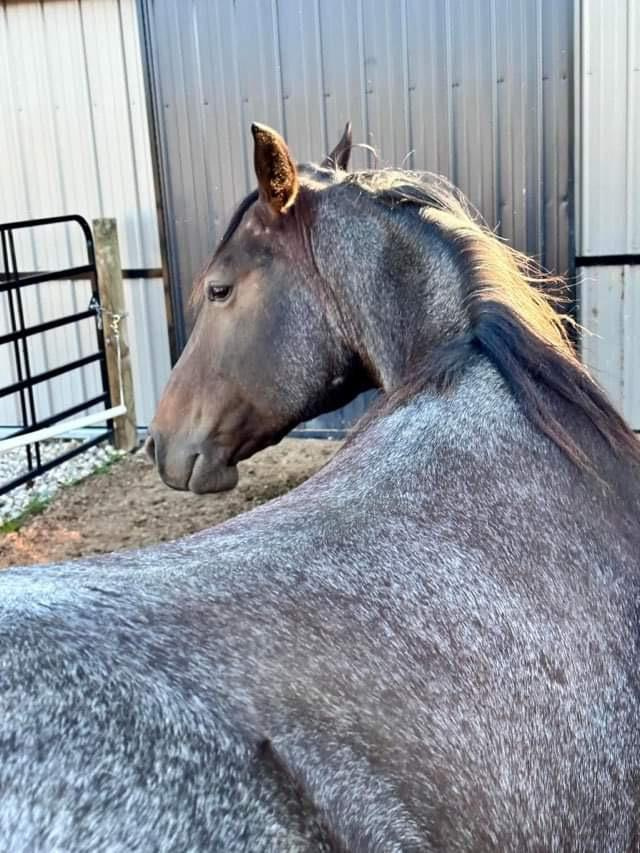I purchased Bob (8 year old QH gelding) in Nov. I am gradually molding him to be the horse I want him to be --he came to me well-trained, but like everyone who owns a horse, I want more than he came with. I have a trainer/instructor . . .and I work/ride with Bob 5 days a week for about 2 hours a day ground work and riding.
But I watch videos --specifically Matt Mills riding his reiners. Mills will say, “I’ve had this horse in training for two weeks and have trained him to [fill in any skill].” So in emailed discussion with a gal pal who also own horses and like me strive to improve them, I asked "what makes a professional better than me?" She came up with this list:
The professionals that get their horses so nice, so quickly, know what they are doing.
They have their timing down to instinct
they know not to drill and make learning miserable or a punishment
they don’t take it personally when their horse breaks down
they know the exact hand, leg and seat placement to send the optimum, clearest signal to their animal to make the required response clear
they know to break up the lesson to make it interesting
they understand there is only so much new information a walnut sized brain can absorb in a week
they have clear intentions and their every movement is purposeful, clear and concise.
they let the horse soak for the appropriate amount of time.
they make sure they are using exercises appropriately
they are constantly learning
All that is why they are professionals.
You and I can bake and ice a cake, but we arent going to be able to do it as quickly, efficiently, or as beautifully as a trained, maitre patissier.
Pretty good list, I think. Would you add anything? Finally, I may never have what it takes to be a professional --but if I bake a cake and ice enough cakes --maybe I’ll satisfy myself!
Favorite pix of Bob:





